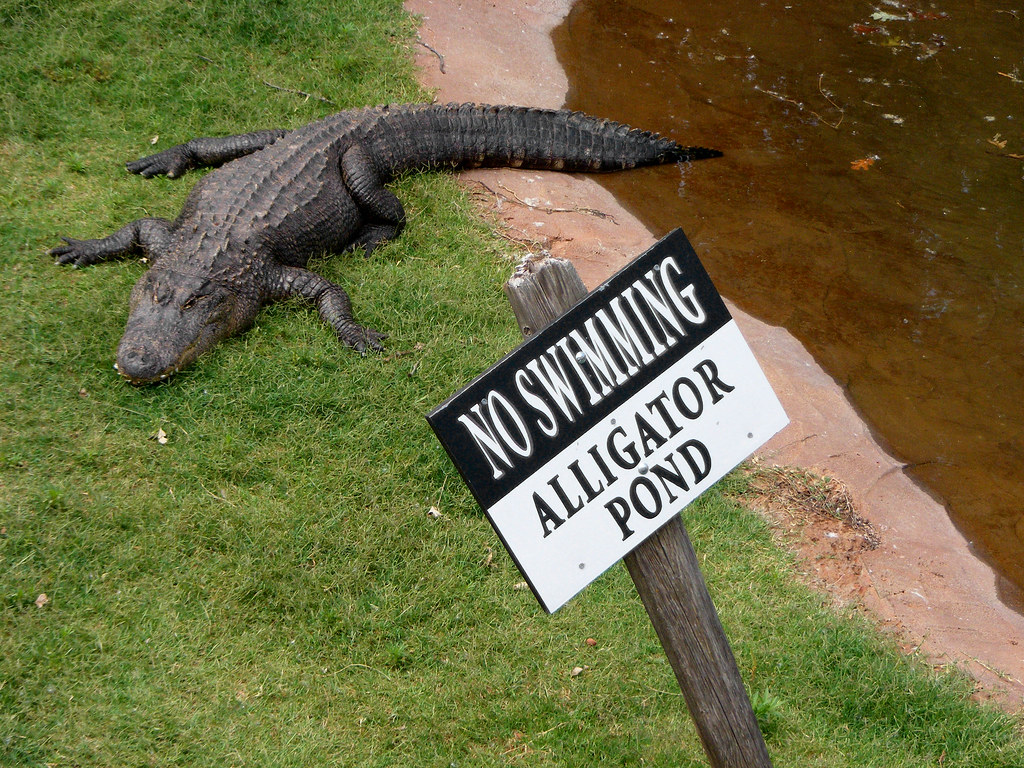"From Pencils to Pixels" By Dennis Baron
"Blinded by the Letter" By Anne Wysocki and Johndon Johnson-Eilola
Baron opens his essay by sharing a personal anecdote about the transition of writing to typing and typing back to writing. He explained that he found the process of hand-writing a memo difficult in light of the fact that it was clunky and somewhat less "flexible" than digitized text. This has several alarming implications for me as a reader because I can relate with that to some extent.
He continues by writing about how literacy technology "...creat[es] new forms and new possibilities for communication" (16). I'm inclined to agree with him that literacy is always changing, as it's a dynamic process. However, I want to examine what dangers lurk behind us when we begin depending on technologies that are impossibly fraudulent at times. The potential for fraud, differentiating it from the truth, and generally the ill-will of people who have reigns on this technology are terrifying to consider, especially when the globe is exposed to this information, our children mainly, and its influence is all to powerful.

Perhaps that's dramatic, but my concern must seem reasonable. Consider what Jay said in his comment on my last post. He wrote, "Is it still writing if I use my computer?" Fair question, and one that warrants the logic of semantics when it comes to the composition process. How have we come to think about writing? Is it fair to call it "writing" anymore? Perhaps "typing" is a term we could better substitute in for it's ancestor, "writing."
But back to what I was discussing before, the potential for fraud. Baron's essay seems to suggest that with each development, the potential is greater and greater. And it slowly becomes a philosophical question: what is the bloody truth? Baron writes, "Not only must the new technology be accessible and useful, it must demonstrate its trustworthiness as well. So procedures for authentication and reliability must be developed before the new technology becomes fully accepted” (17). A new technology must demonstrate its trustworthiness because people are right to fear fraudulence through technologies they don't understand. Additionally, I run to a metaphor. Consider this digital literacy business, and think of it as a pond, a pond filled with alligators. The alligators represent fraud, and let me just say, the pond grows in size every time a new digital techology is available to the massive population of the globe. And with the growth of the pond comes more alligators, until we have a situation that sounds familiar, hackers, image fraud, the dark web, etc. And I want to take a moment to acknowledge the limitations of what I understand about this, but the web is a dangerous place, and literacy, by Wysocki's terms, is "...a cloud of sometimes contradictory nexus points among different positions. Literacy can be seen as not a skill, but a process of situating and resituating representations in social spaces” (367). It seems to me that literacy is somewhat unstable by Wysocki's terms, perhaps it's the word "contradictory" that makes me skeptical.

This brings me to the influence of these technologies on language and communication. Plate protested writing because he deemed it "unnatural" and "untrustworthy." Even he was afraid of the potential for distrust and fraudulence. It opens a world of communication and truly alters everything about the way we view ourselves, others, and the world. But I'm wondering about how I could relate Kenneth Burke back into the conversation. He suggested that meaning became symbols, and symbols became language, and language is impressionable in the face of ever-changing literacy technology. It trails all the way back, when we change the medium for language or communication we step back to the meaning-making and change it. We put it on the line by making meaning less concrete. This seems dangerous to me, especially when meaning-making for the masses of the world fall into the hands of some heinous individuals. Food for thought, and maybe I'm losing the feel for this post now.
I was reminded of Claude Lévi-Strauss while reading Baron's essay. He wrote Tristes Tropiques, which if anyone remembers from Literary Criticism was about how writing can be used to dominate and suppress populations. Writing is a powerful tool to have, and, of course, it's been used for evil. It makes this technology untrustworthy, which is why each new literacy technology must prove a certain level of validity before it's accepted by a population.

Plenty to consider, and Baron paints an alarming series of images about what technology could have in store for communication and every aspect of our lives beyond that. Communication is just the beginning.


